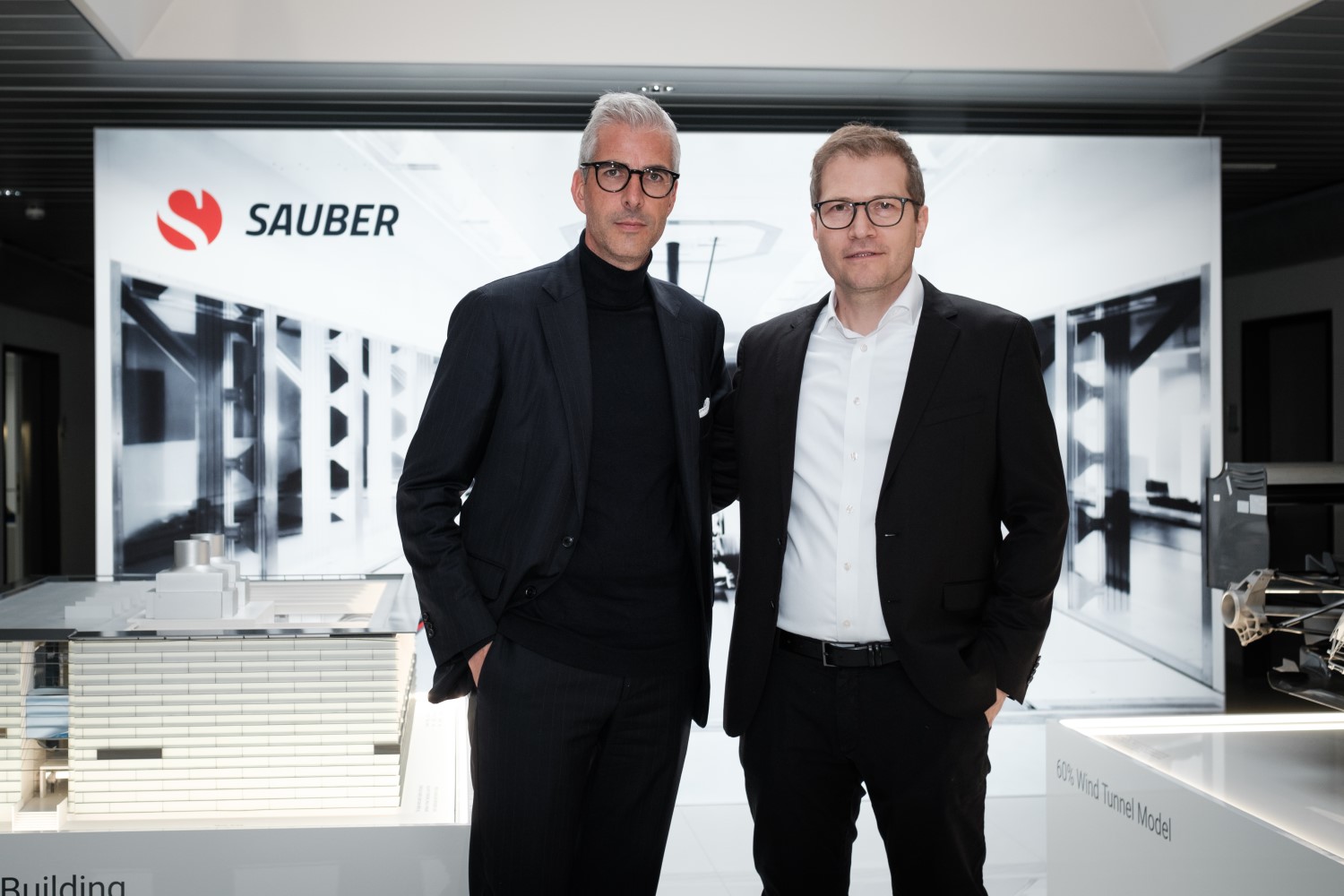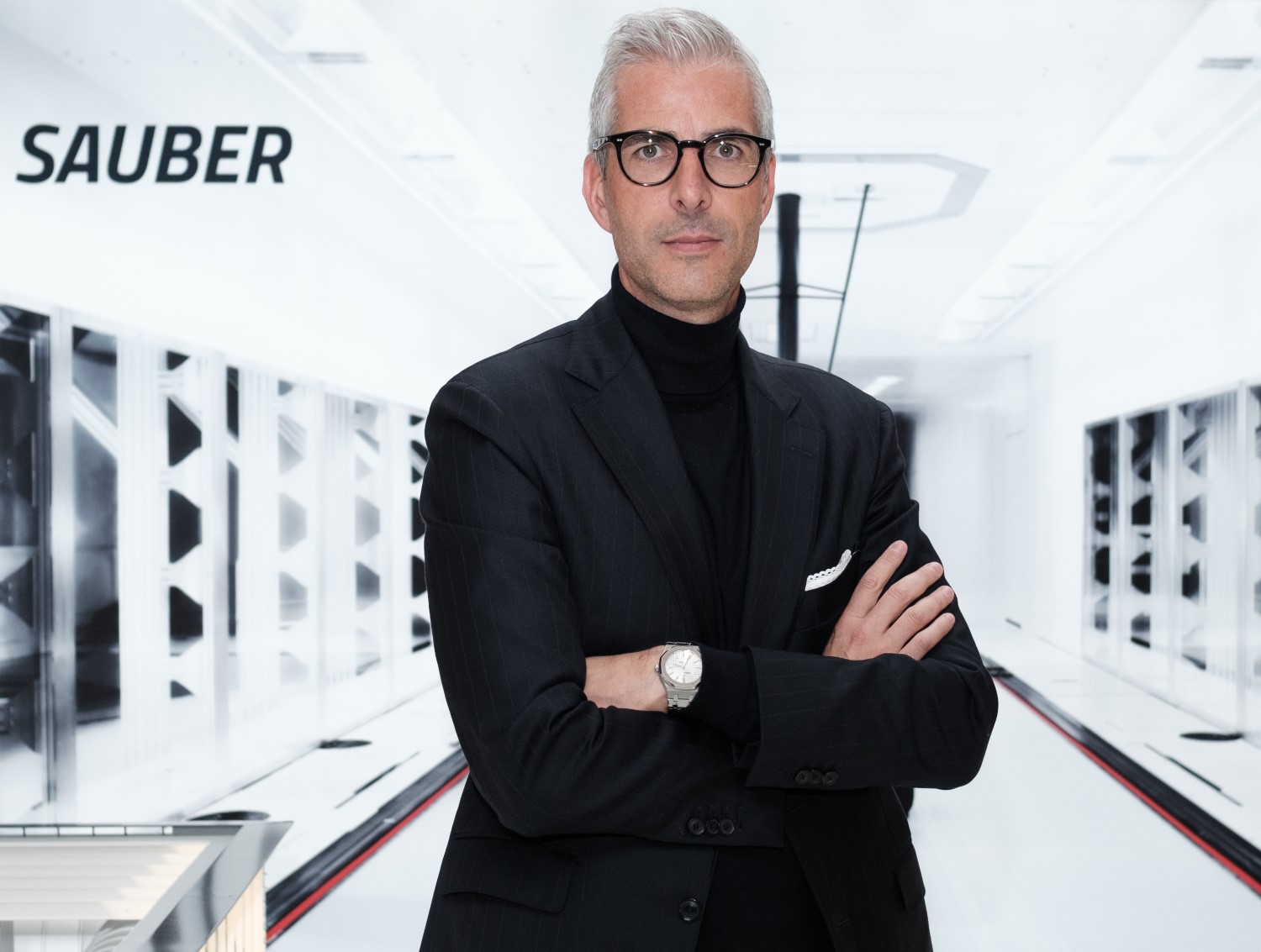F1: Sauber ‘boss’ defends unique team structure
(GMM) Alessandro Alunni Bravi has defended Sauber’s new approach to Formula 1 team management.
Over the winter, team boss Frederic Vasseur switched to Ferrari to replace the axed Mattia Binotto.
McLaren boss Andreas Seidl also made a move over the winter – from the Woking based team to Sauber, which will race as Alfa Romeo for the last time in 2023.

But German Seidl, the new Sauber CEO, will not be team principal in 2023.
He admits he will only attend “a few races” this year and is expected to instead focus on the Swiss team’s longer-term future – the Audi takeover for 2026.
“As a group we know that we have a great future ahead of us,” Seidl said. “At the same time all our focus is on the here and now.”
He is also quoted by the Swiss newspaper Blick as clarifying: “I’m not intervening in the day-to-day business.”
That’s because he is set up a three-pronged leadership team to manage Alfa Romeo’s 2023 season, with Sauber veteran Beat Zehnder handling the sporting side and Xevi Pujolar in charge of engineering.
As for the team boss, filling those shoes in official matters is Alessandro Alunni Bravi, who was Stoffel Vandoorne and Robert Kubica’s manager until brought in at Sauber by Vasseur.
“Fred suggested me for Sauber,” he confirmed to Blick.
Some wondered if Alunni Bravi would therefore accompany Vasseur to Ferrari, but the Italian lawyer – already Sauber’s managing director – says he “wanted to stay to develop the team”.
But he will not be team boss. Instead, Sauber has named him ‘team representative’.
“It’s not about the title. It’s about the function,” the 48-year-old said.
“We have divided the tasks between three people because it’s an efficient way of leading a team. The classic team boss may be a tradition in Formula 1, but the sport has become very complex,” Alunni Bravi explained.
“Other racing teams have also split the tasks, even if they still stick to the old team boss designation.”
As to who will actually be the ‘boss’ at grands prix, he insists: “It’s all very clearly regulated internally who has the last word on each decision.”
